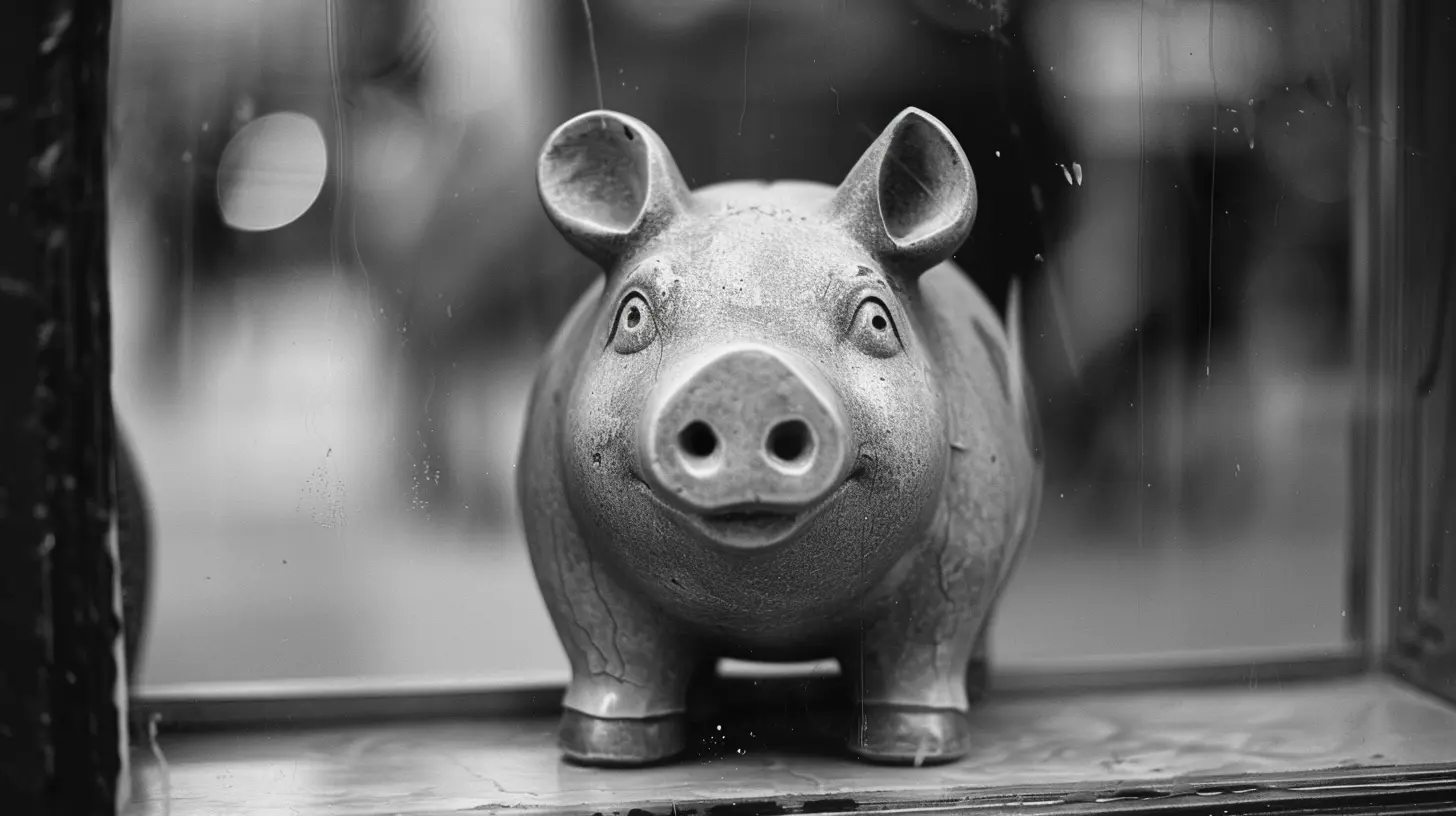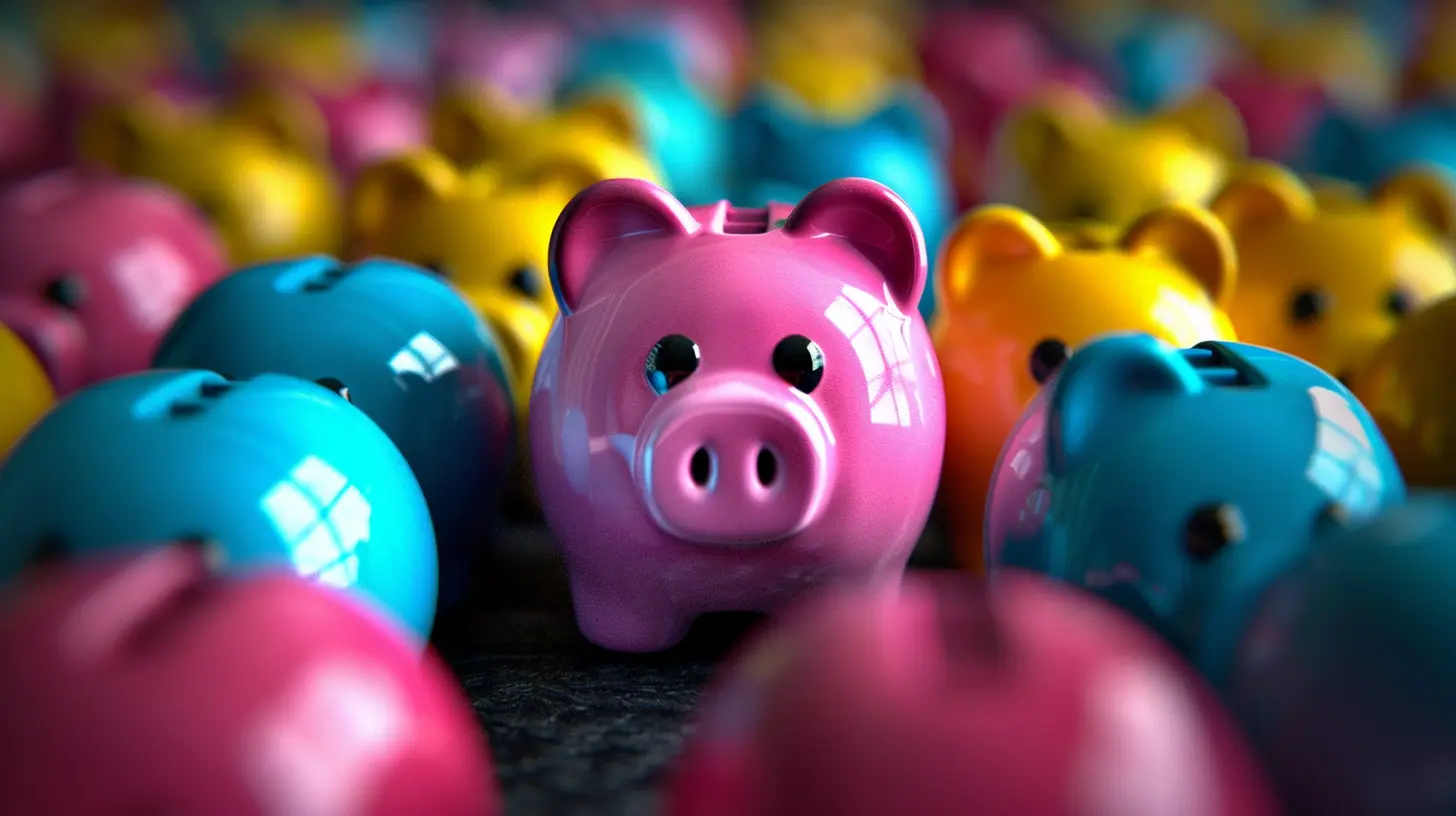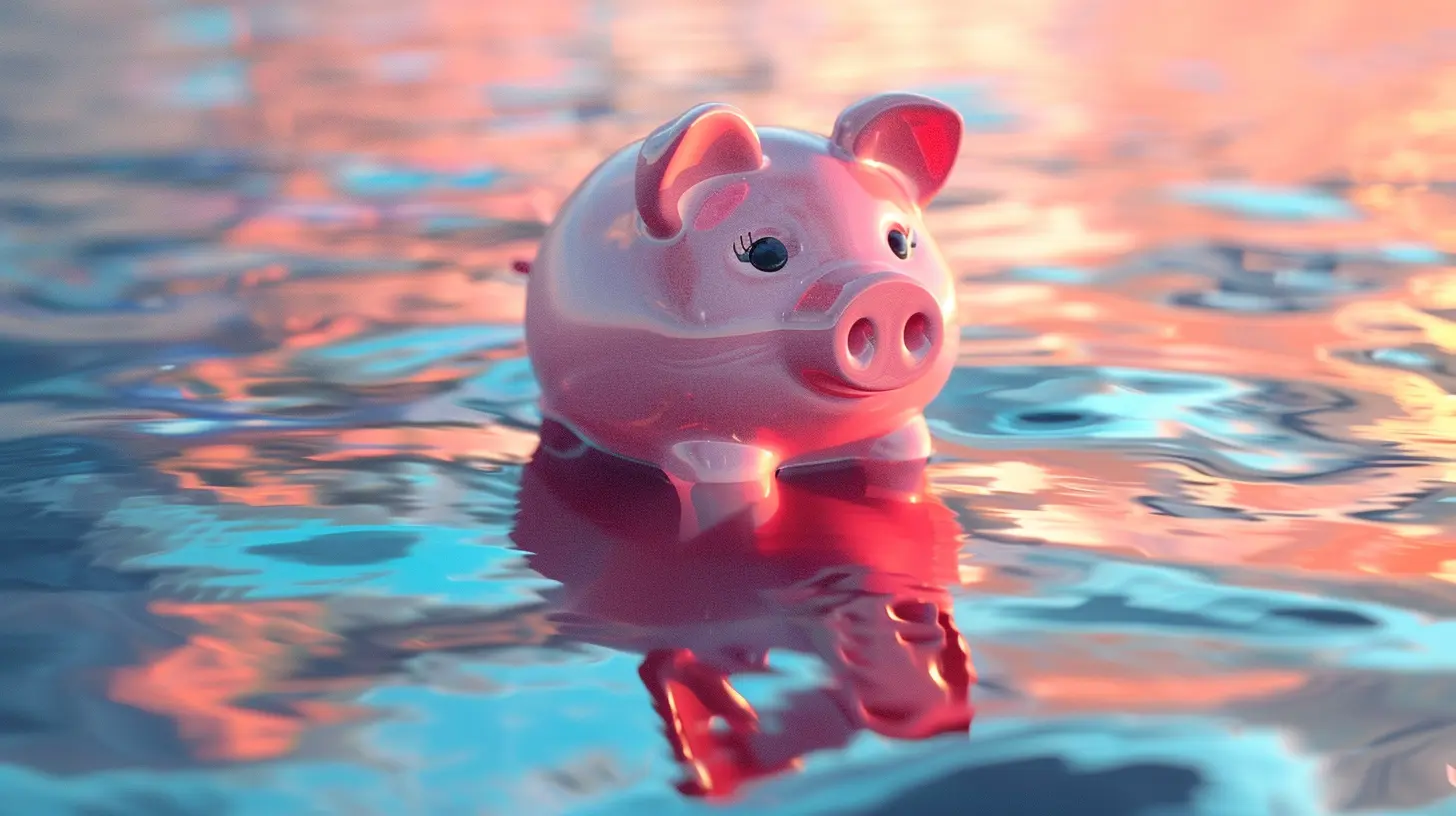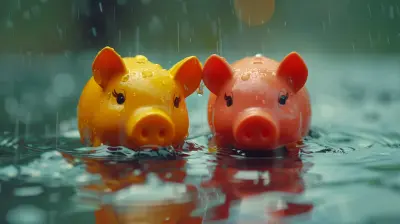4 April 2025
When you think about savings accounts, you probably picture a safe place to stash your money, right? But did you know that savings accounts play a crucial role in the broader economy? The way people save (or don’t save) can actually reflect and even influence economic trends.
In this article, we’ll break down how savings accounts are linked to economic cycles, inflation, interest rates, and even overall financial stability. Buckle up—it’s about to get interesting!

The Role of Savings Accounts in the Economy
A savings account isn’t just a personal financial tool; it’s a key player in the economic machine. The money sitting in your account isn’t just gathering dust—it’s being used by banks to lend to others, fund investments, and keep the economy moving.How Savings Contribute to Economic Growth
When people deposit money in savings accounts, banks use these funds to provide loans for businesses, homeowners, and consumers. These loans fuel investments, which can drive job creation, business expansion, and overall economic growth.Think of it like this: your savings become the fuel that powers the economic engine. If fewer people save, banks have less money to lend, which can slow down investments and stifle economic activity.
Why Savings Rates Fluctuate Over Time
Savings rates—the percentage of disposable income that people save—aren’t fixed; they change based on economic conditions. When the economy is booming, people tend to save less because they feel financially secure. On the flip side, during uncertain times, people tighten their belts and save more.This fluctuation creates a connection between savings accounts and broader economic trends. Let’s dive deeper into some of these connections.

How Economic Trends Influence Savings Behavior
Ever noticed how people save more when times get tough? There’s a clear relationship between economic conditions and savings habits.1. Savings and Inflation: A Tricky Balancing Act
Inflation—a rise in the prices of goods and services—has a direct impact on savings. When inflation is high, saving money in a traditional savings account may feel like a losing game because the purchasing power of that money decreases over time.For example, if inflation is at 5%, but your savings account earns only 1% interest, your money is effectively losing value. As a result, people may be less incentivized to save and instead look for alternative investments like stocks, real estate, or commodities.
2. Interest Rates and Savings Habits
Interest rates, set largely by central banks, also play a huge role in savings behavior.- High interest rates → Encourages more savings because people earn more on their deposits.
- Low interest rates → Discourages saving, pushing people to spend or invest instead.
When central banks raise interest rates to control inflation, banks follow suit by offering higher interest on savings accounts. This often leads to increased savings. Conversely, when interest rates are low, people tend to save less and spend more, stimulating economic activity.
3. Recession vs. Boom: How People Save Differently
During a recession, job losses and economic uncertainty make people more cautious. They start saving more, cutting unnecessary expenses, and holding onto cash in case of emergencies. This is known as precautionary saving.On the other hand, during economic booms, consumer confidence is high. People feel more secure about their jobs and finances, leading to increased spending and lower savings rates. This can drive economic growth but also contribute to inflationary pressures.

The Global Perspective on Savings and Economic Stability
Savings rates vary significantly across countries, and this has major implications for global economic stability.Why Some Countries Have Higher Savings Rates
In some countries, like China and Germany, households tend to save a larger percentage of their income compared to countries like the U.S. This is influenced by:- Cultural factors – Some societies prioritize savings over spending.
- Government policies – Nations with fewer social safety nets encourage higher personal savings.
- Economic conditions – Countries with unstable economies often experience higher savings rates as people prepare for uncertain times.
The Danger of Too Much or Too Little Saving
While saving is generally good, excessive saving can actually hurt economic growth. If too many people hoard cash instead of spending or investing, businesses may struggle due to lower consumer demand.On the flip side, too little saving can lead to financial vulnerability. In countries with low savings rates, people may have less security in emergencies, leading to increased reliance on government assistance and debt.

How to Make the Most of Your Savings in Changing Economic Times
Understanding how savings accounts interact with the economy can help you make smarter financial decisions. Here are a few strategies to optimize your savings, regardless of economic conditions:1. Diversify Your Savings Approach
Instead of relying solely on a traditional savings account, consider spreading your money across different options:- High-yield savings accounts – Earn more interest on your savings.
- Certificates of Deposit (CDs) – Lock in higher rates for fixed periods.
- Investments – Stocks, bonds, or mutual funds can provide higher returns (but with risk).
2. Adjust Your Savings Strategy Based on Economic Trends
- When interest rates are high, take advantage by saving more in interest-bearing accounts.- When interest rates are low, consider investing in assets that provide better returns.
- During periods of high inflation, protect your purchasing power by seeking out interest rates that outpace inflation, or investing in inflation-resistant assets like real estate or commodities.
3. Maintain an Emergency Fund
Regardless of economic conditions, having 3-6 months’ worth of expenses in a liquid savings account is crucial. This serves as a financial cushion during economic downturns or personal emergencies.4. Stay Informed and Flexible
Economic conditions are constantly changing. Stay updated on interest rates, inflation trends, and financial news to make informed decisions about saving and investing.Final Thoughts
Savings accounts are more than just a personal finance tool—they are deeply intertwined with economic trends. From inflation and interest rates to global financial stability, the way we save (or don’t save) impacts the broader economy in fascinating ways.By understanding these connections, you can make smarter financial decisions that not only benefit you but also contribute to the overall economic landscape. So, the next time you deposit money into your savings account, remember—you’re playing a small but important role in the bigger economic picture!


